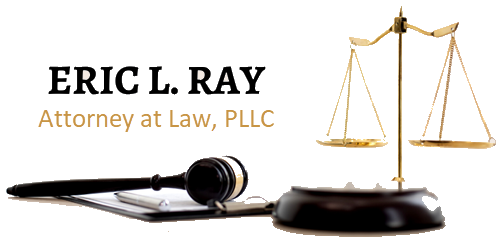Anytime I see news coverage of a criminal case online, the headline announces that the defendant pleads not guilty and the comment section is flooded with people angry that the defendant had the audacity to not plead guilty. So, I wanted to explain why the clients generally should not plead guilty at first and why some cannot plead guilty at first, even if they wanted to.
Your first appearance in criminal court, in the state of Kentucky, is called your arraignment. This is an opportunity to do three things, be told what you are charged with, address bond if you are in jail, and enter a plea. So, why don’t defendants just enter a plea then and save everyone the time and resources, especially since the majority of cases end in a guilty plea anyway?
1. Felony charges, unless directly indicted, start out in the District Court, which is important to note because District courts cannot accept a plea on a felony charge. So, when you see a Defendant charged with a Felony theft and was caught red-handed or a murder case where they admitted to the murder, he or she cannot plead guilty to the charge in district court, even if they wanted to. The exception is if the prosecutor amends their charge to a misdemeanor. Although prosecutors do at times amend felonies down to misdemeanors, they generally want to look into the crime more before doing it. So, never be surprised when someone charged with Murder pleads not guilty in district court because a prosecutor will not be amending that down to a misdemeanor and without that, the defendant has no choice but to plead not guilty.
2. Even if you have done something wrong, you should have an attorney look over the case to make sure you are charged correctly. A good example would be an Aggravated DUI 1st offense. Generally, if you refuse to take a blood, breath, or urine test after being pulled over for a DUI, your refusal is called an aggravator and increases your punishment. However, on a DUI 1st offense that is not true, but sometimes officers still charge Defendants with an aggravated DUI, even though it is incorrect. If a Defendant rushed into a guilty plea and did not have an attorney review their case, prior to entering a guilty plea, they could be looking at harsher punishments that the law requires.
3. The purpose of our criminal process is geared toward giving a fair punishment to all defendants, which means that a quick decision is rarely going to reach the fairest result. Even if an individual did commit a crime, there are times that other information changes how we view that crime. Entering a not guilty plea and allowing legal counsel to investigate and present mitigating information can be crucial in arriving at the correct result.
Even after I explained it, will it still make you mad when defendants in high profile cases plead not guilty?

Recent Comments